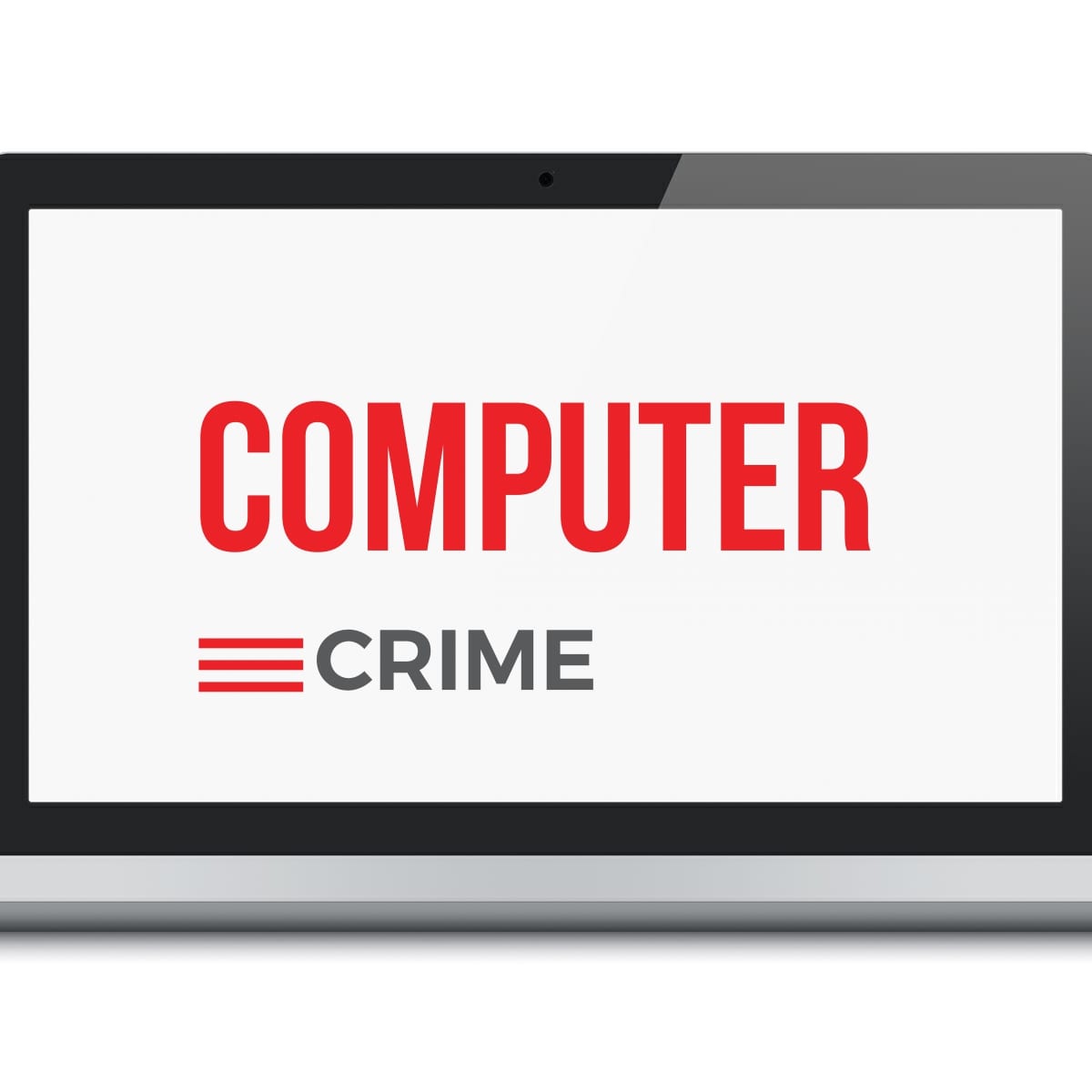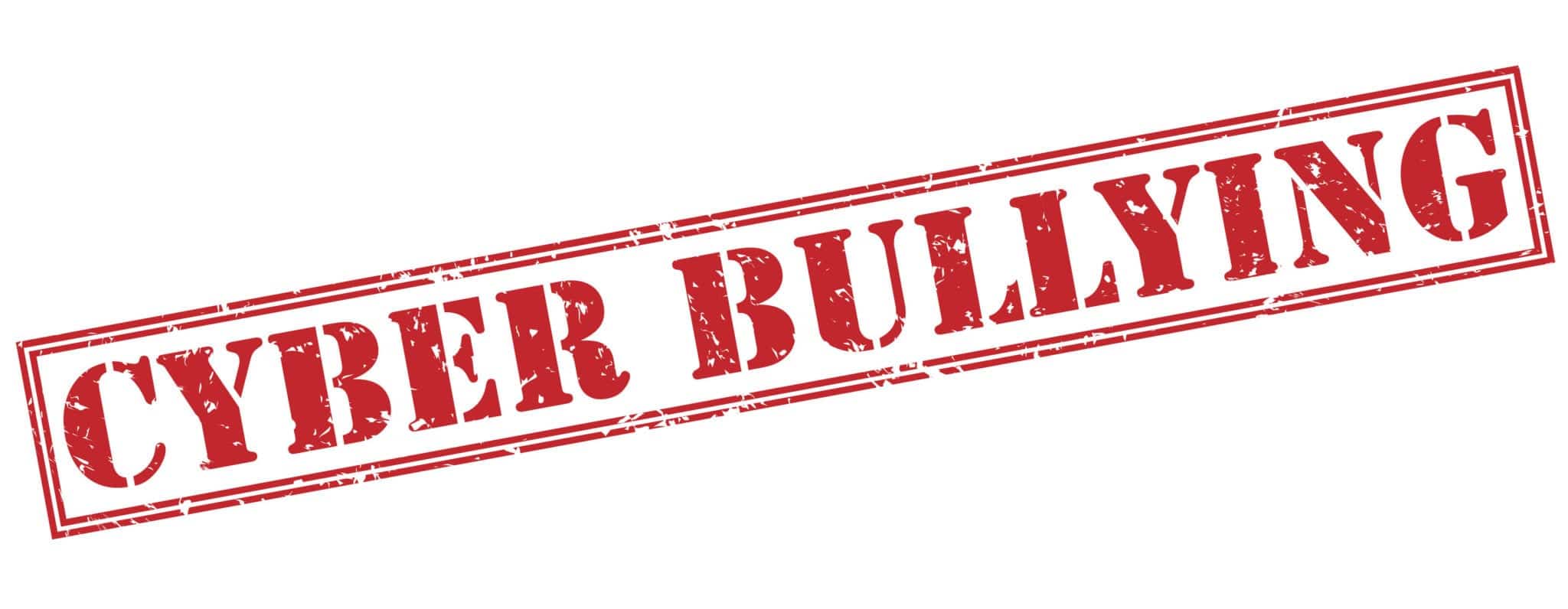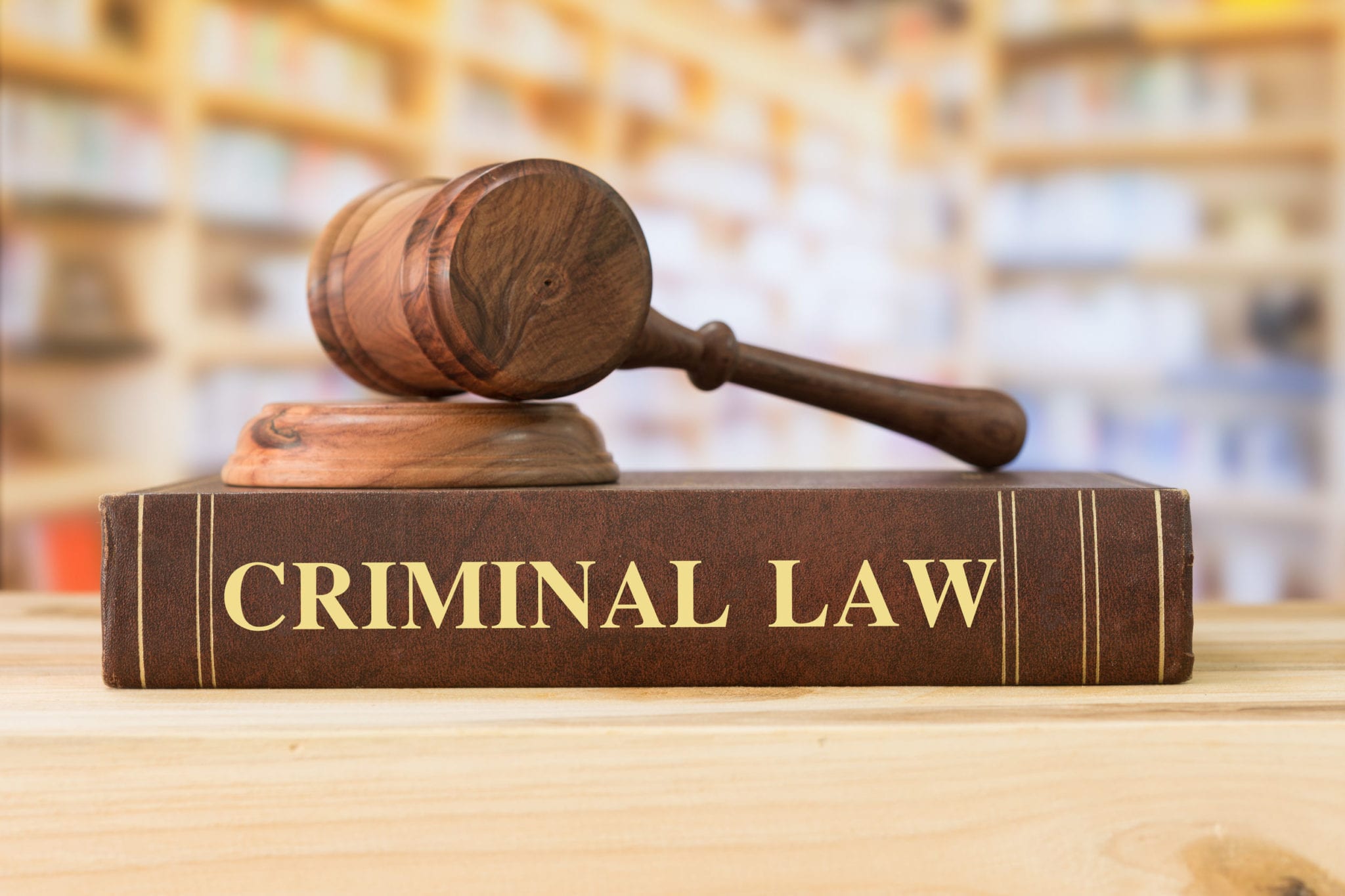
Computers give us access to just about anything. With a few clicks and a wifi connection, you can put money into the bank, buy goods and services, and access a seemingly endless stream of information.
And since you’re using your own personal device, no one will even know what you’re doing, right?
For the most part, that’s true. However, once law enforcement officers suspect someone of committing illegal acts – even if it’s through the safety of their computer – they’re probably going to do some thorough investigation.
Computer crimes generally aren’t violent. No one is breaking and entering into someone’s home or holding them at gunpoint. That doesn’t mean they aren’t serious, though, and the state of Minnesota knows this.
To avoid having to defend the actions you’ve taken on your computer, you need to understand computer crime laws in our state.
What Does Minnesota Mean By “Computer Crimes?”
The term “computer crimes” is an umbrella term that covers a long list of crimes related to computers, data, and computer networks.
Basically, if you are accused of damaging or obtaining unauthorized access to a computer network (or data within that network), you could be charged with a computer crime.
Likewise, violent crimes that take place within the digital landscape (aka harassing someone through social media or the internet) may also fall under the umbrella of computer crimes.
This doesn’t exactly narrow things down for judges who need to make decisions about sentencing. Hacking into a work computer vs. stalking someone and sending them violent messages are – obviously – two very different actions. So, over the past few years, Minnesota has assigned penalties and specifications to different illegal acts committed using computers.
List of Computer Crimes in Minnesota
Interference
Someone using the internet to interfere with ticket sales may find themselves guilty of a misdemeanor offense.
Interfering with an emergency call, video call, or email, however, may be a more serious offense. Reporting a fake emergency also falls under this law in Minnesota.
Multiple offenses may result in more serious felony charges.
Theft and White Collar Computer Crimes
One of the computer crimes covered in Minnesota law is physically stealing a computer.
Stealing a computer may result in up to 10 years behind bars. Committing computer damage may result in similar penalties.
Conducting identity theft over the computer may result in charges similar to theft charges. Penalties depend on the number of victims in the case and how much the defendant attempted to or succeeded in taking from the victims.
Defendants who steal from eight or more victims through an online identity theft scheme may face up to 20 years in prison.

Harassment
According to Minnesota law, harassment is when someone “directly or indirectly, or through third parties, manifests a purpose or intent to injure the person, property, or rights of another by the commission of an unlawful act.”
Harassment is another umbrella term for various acts that put people in danger. People can harass others in person, over the phone, or simply through social media. As new forms of harassment have developed, Minnesota has added statutes that address these forms.
There are a few exceptions to this rule, but generally, harassment is considered a gross misdemeanor. Penalties may include jail time and fines, but defendants can also be subject to restraining orders and may lose custody of their children.
Harassing someone based on their race, sexual orientation, religion, and so on may result in more serious charges and penalties.
One of the more recent changes to Minnesota law addresses revenge porn. “Revenge porn” is the act of posting someone’s nude photos or videos in order to “get back at them.”
This might happen due to a breakup or infidelity. The reason doesn’t matter. The penalties do. Posting nude photos online without the subject’s consent may result in up to three years behind bars.
Computer Crimes in Minnesota Are Not Just Limited to This List
The computer crimes listed above are not all-inclusive. There are numerous additional acts that could qualify.
Moreover, this is just the list for Minnesota, but computer crimes are prosecuted federally as well. If crimes cross state lines (which often happens when computers are involved) or involve a federal agency, the act may be prosecuted as a federal crime.
Plus…
This List is Still Evolving
Computers are relatively new. The first laptops were only created in the 1980s. Smartphone apps are continuing to change the game in terms of how we communicate and share information.

This means you need to continue to educate yourself on Minnesota law as lawmakers add new crimes and policies to the state legislature.
Accused of Computer Crimes in Minnesota?
It can be tough for defendants to know their fate if they are charged with new or confusing laws concerning technology.
Reach out to a Minnesota defense attorney for more information on your case and how you can build a defense strategy that keeps you out of jail.
About the Author:
Christopher Keyser is a Minneapolis-based criminal and DWI defense attorney known for fighting aggressively for his clients and utilizing innovative tactics to get the most positive results. He has been featured in numerous media outlets due to the breadth and depth of his knowledge, and recognized as a Minnesota Super Lawyers Rising Star (2014–2015), a Top 100 Trial Lawyer (2013–2015), and a Top 40 Under 40 Attorney (2013–2015).





